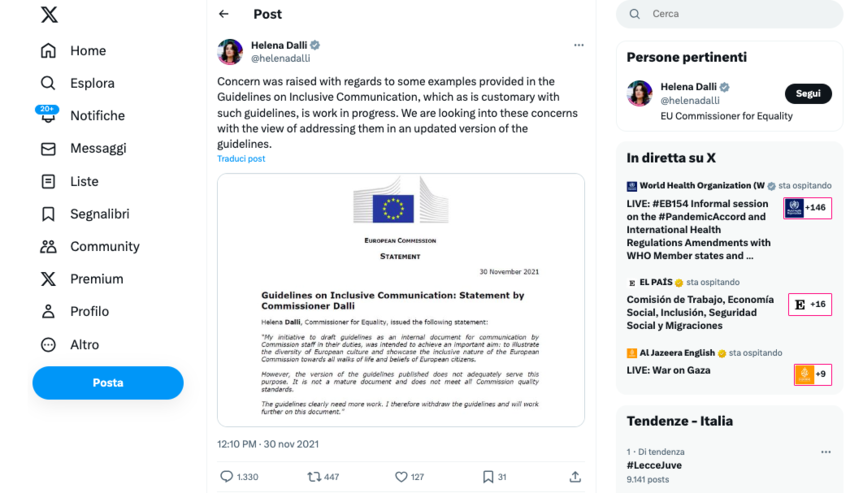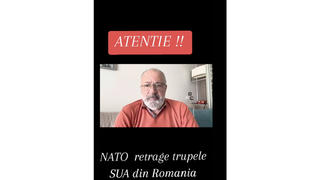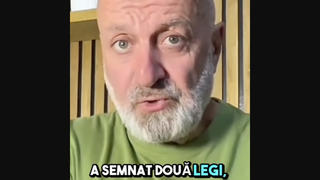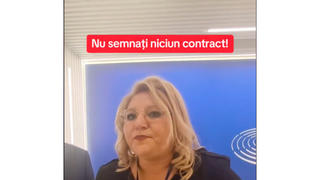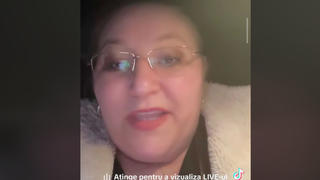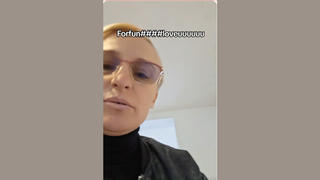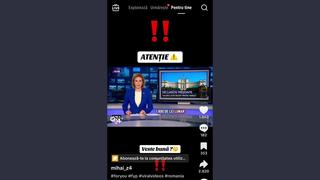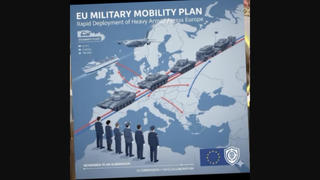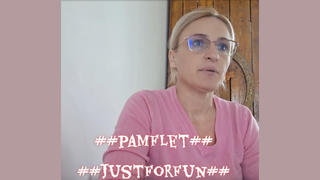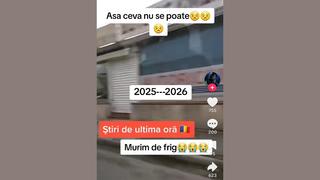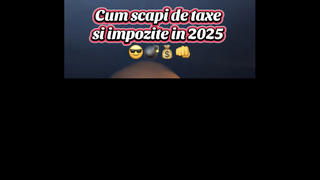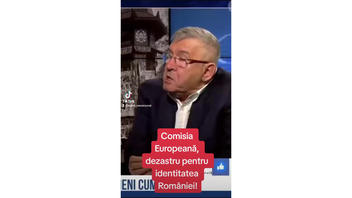
Este adevărat că oficialii Comisiei Europeane au încercat să elimine cuvintele „Crăciun", precum și „mamă" și „tată", din vocabularul cetățenilor? Nu, nu este adevărat: Comisia nu are dreptul să facă acest lucru, întrucât dreptul la libera exprimare este consacrat în Carta Drepturilor Fundamentale. Afirmația se referă la un ghid pentru comunicarea internă în rândul personalului Comisiei din 2021, menit să sporească egalitatea și recunoașterea printr-o comunicare incluzivă. Documentul, retras ulterior, menționa doar să nu se presupună că toată lumea este creștină și că sărbătorește automat Crăciunul și, în schimb, sugera utilizarea termenului mai general „sărbători".
Afirmația a fost făcută într-un videoclip (arhivat aici) care a fost publicat pe TikTok pe 15 decembrie 2023. Descrierea clipului este:
Comisia Europeană, dezastru pentru identitatea românească: Un comisar a încercat să elimine cuvântul „Crăciun", precum și „mamă" și „tată", într-un efort de a ne reforma vocabularul.
Așa arăta postarea pe TikTok la momentul scrierii:
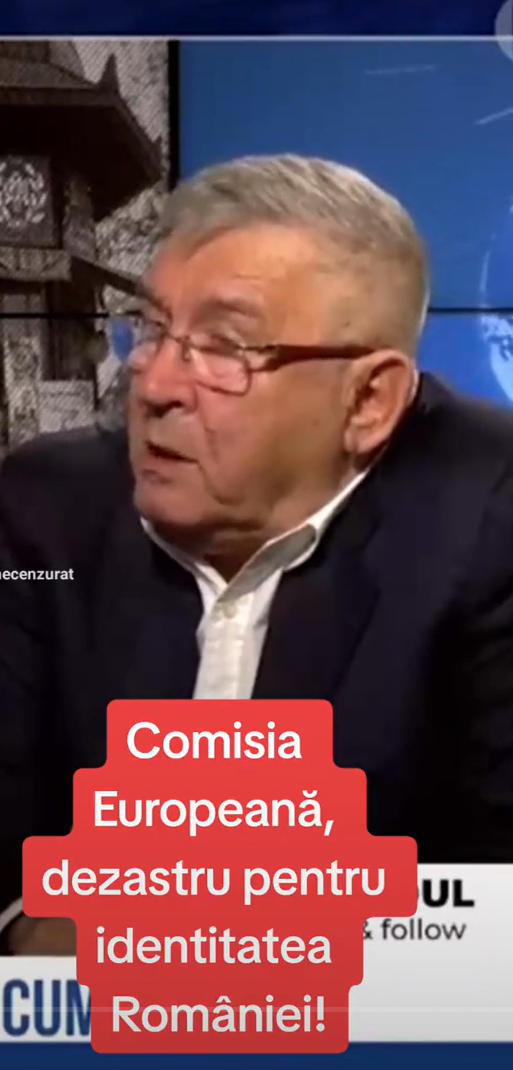
(Sursa: captură de ecran TikTok făcută joi 4 ianuarie 07:57:08 2024 UTC)
Comisia Europeană nu are autoritate sau jurisdicție asupra libertății de exprimare a cetățenilor UE și nu deține dreptul de a reforma vocabularul oamenilor. În conformitate cu drepturile fundamentale ale UE (arhivate aici), orice persoană are dreptul la libertatea de exprimare, care include libertatea de a avea opinii și de a primi și distribui informații și idei fără interferența autorităților publice și indiferent de frontiere. Acest drept este consacrat în articolul 11 din Carta Drepturilor Fundamentale.
Afirmația din TikTok se referă la un ghid de comunicare internă al personalului Comisiei din 2021, inițiat de comisarul pentru egalitate, Helena Dalli (arhivat aici). Documentul a făcut parte dintr-un plan susținut de președinta Comisiei, Ursula von der Leyen, de a implementa o „Uniune a egalității" (arhivată aici) și de a se asigura că „toată lumea este apreciată și recunoscută în toată diversitatea, indiferent de sex, rasă sau origine etnică, religie sau convingeri, dizabilitate, vârstă sau orientare sexuală." Câteva exemple din document includ solicitarea oficialilor să nu se adreseze niciodată unui funcționat public drept „doamnelor și domnilor", ci să folosească expresii precum „stimați colegi".
Sugestiile au inclus și evitarea „presupunerii că toată lumea este creștină". „Nu toată lumea celebrează sărbătorile creștine și nu toți creștinii le sărbătoresc la aceleași date", se arată în document. Acesta le recomandă angajaților să evite propoziții precum „perioada Crăciunului poate fi stresantă" și, în schimb, să folosească „perioada sărbătorilor poate fi stresantă". De asemenea, sugerează să nu se folosească expresia „nume creștine" și să se folosească în schimb „prenume" sau „nume", precum și să nu se folosească nume „care provin de obicei dintr-o singură religie". Liniile directoare au recomandat, de asemenea, evitarea folosirii „cuvintelor de gen", cum ar fi „țesăturile artificiale", care ar trebui înlocuite cu termeni mai generici, cum ar fi „țesăturile sintetice". Prin diferite căutări (arhivate aici) de mediatizare a subiectului, nu s-au găsit dovezi care să sugereze că documentul intern include planuri de eliminare a cuvintelor „mamă" și „tată" pentru opțiuni mai neutre din punct de vedere al genului părinților.
Documentul a creat atât de multă furie și critici încât Dalli a fost nevoită să dea înapoi și a renunțat la el, așa cum a scris într-o postare pe X (fost Twitter) pe 30 noiembrie 2021 (vezi captura de ecran de mai jos), și așa cum a fost, de asemenea, raportat de mass-media aici (arhivat aici), și aici, (arhivat aici) de exemplu.
(Sursa: Captură de ecran d epe platforma X, pe 22 ianuarie 2024, la 13:41:61 UTC)

